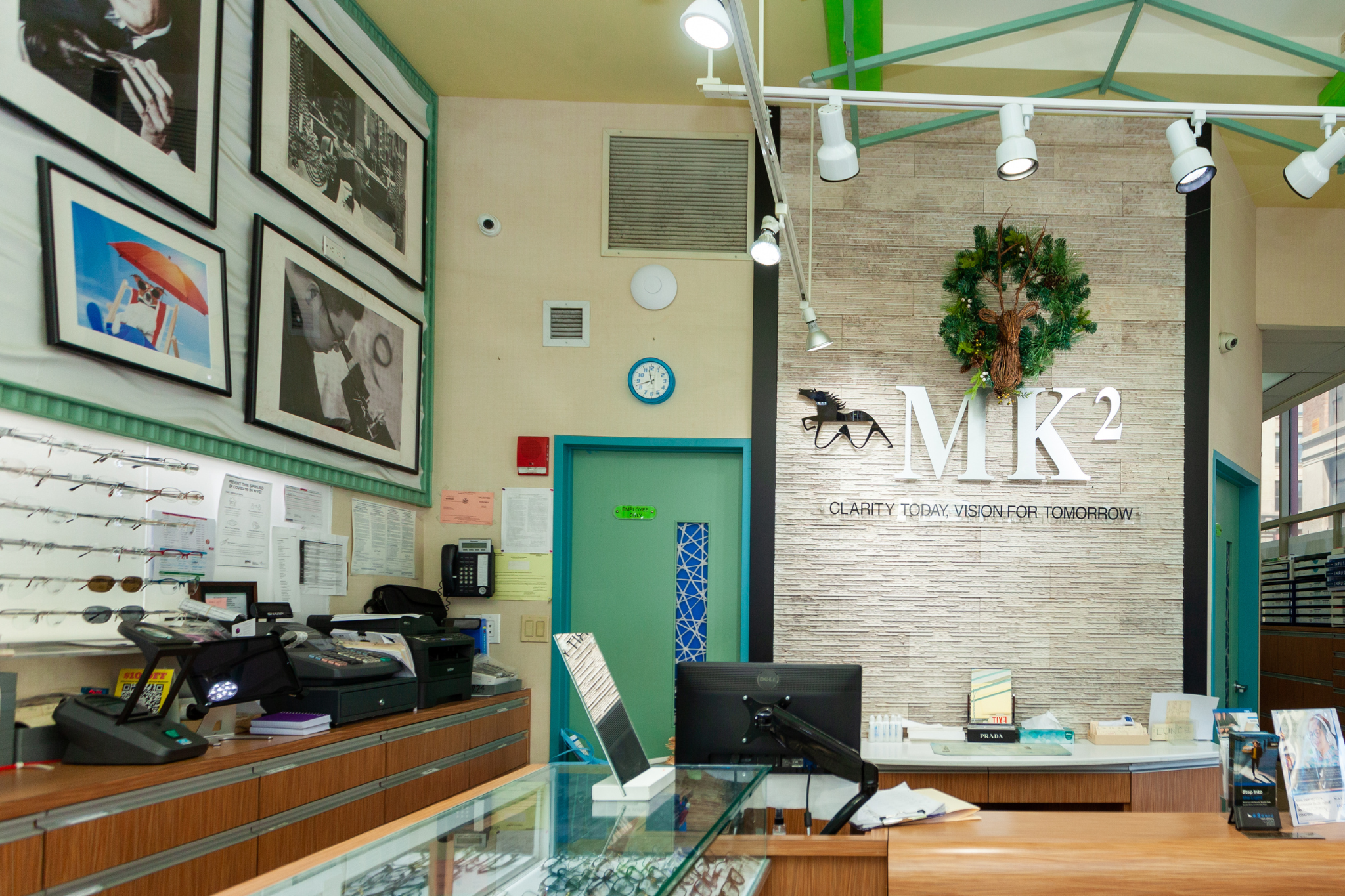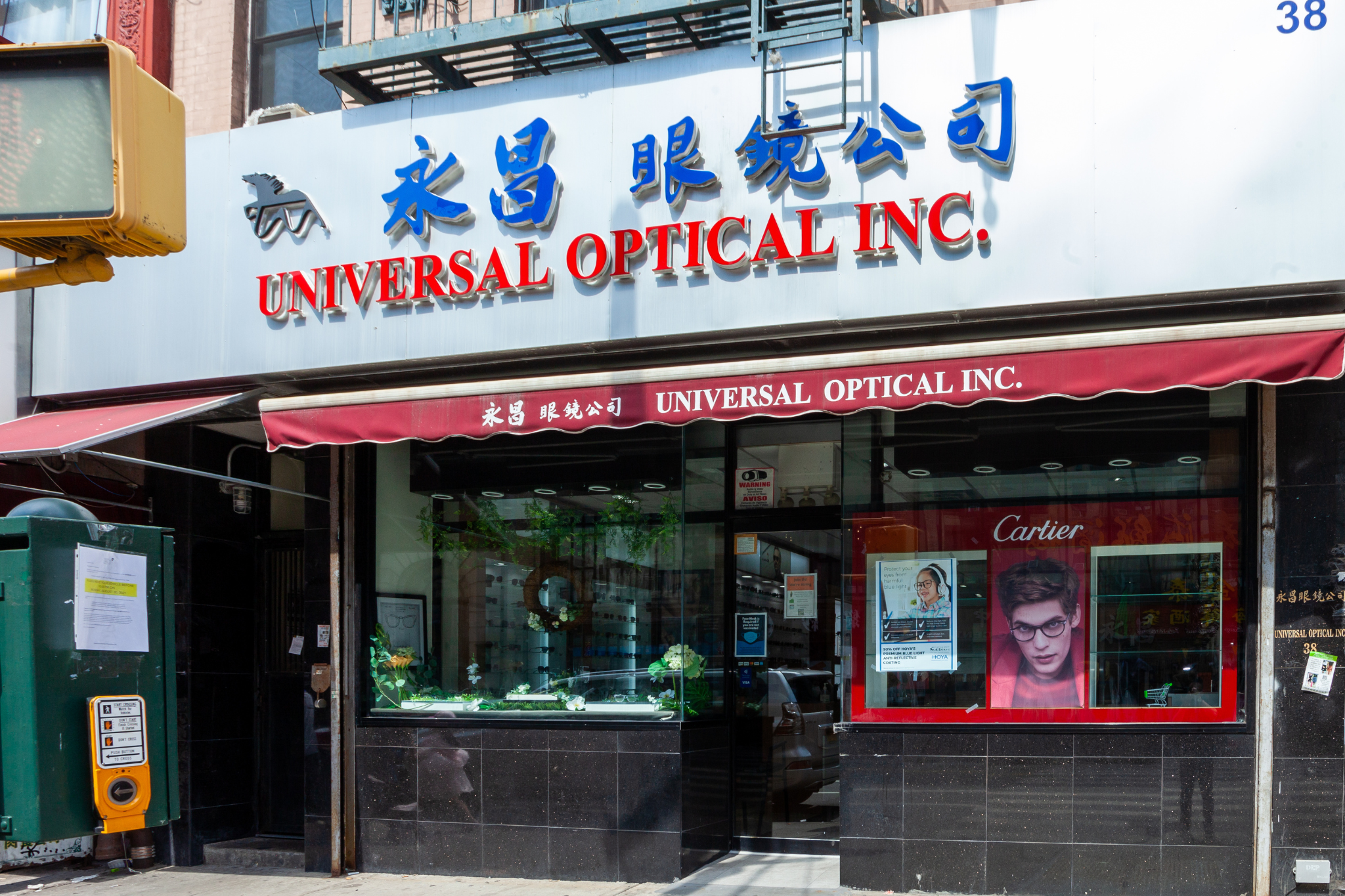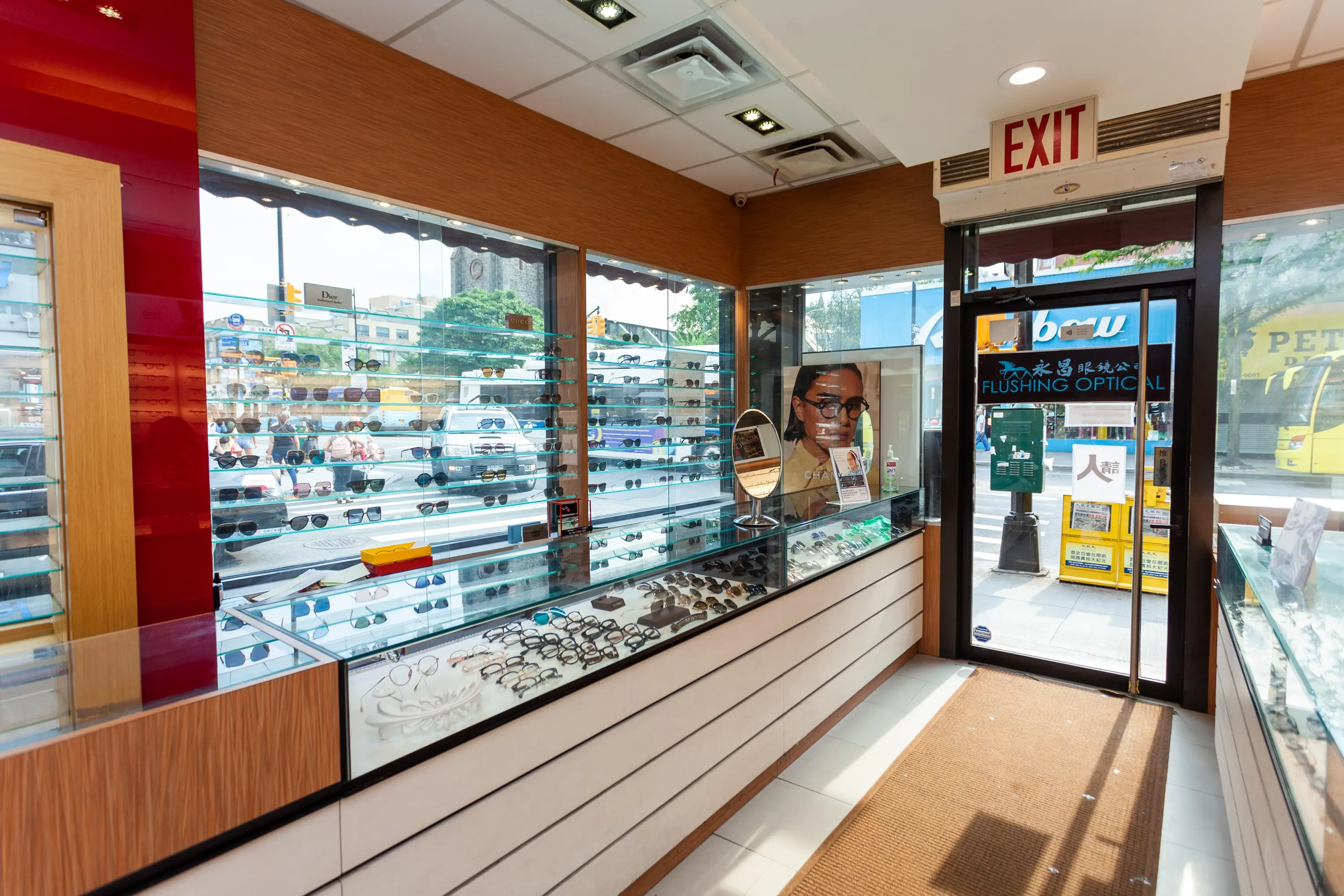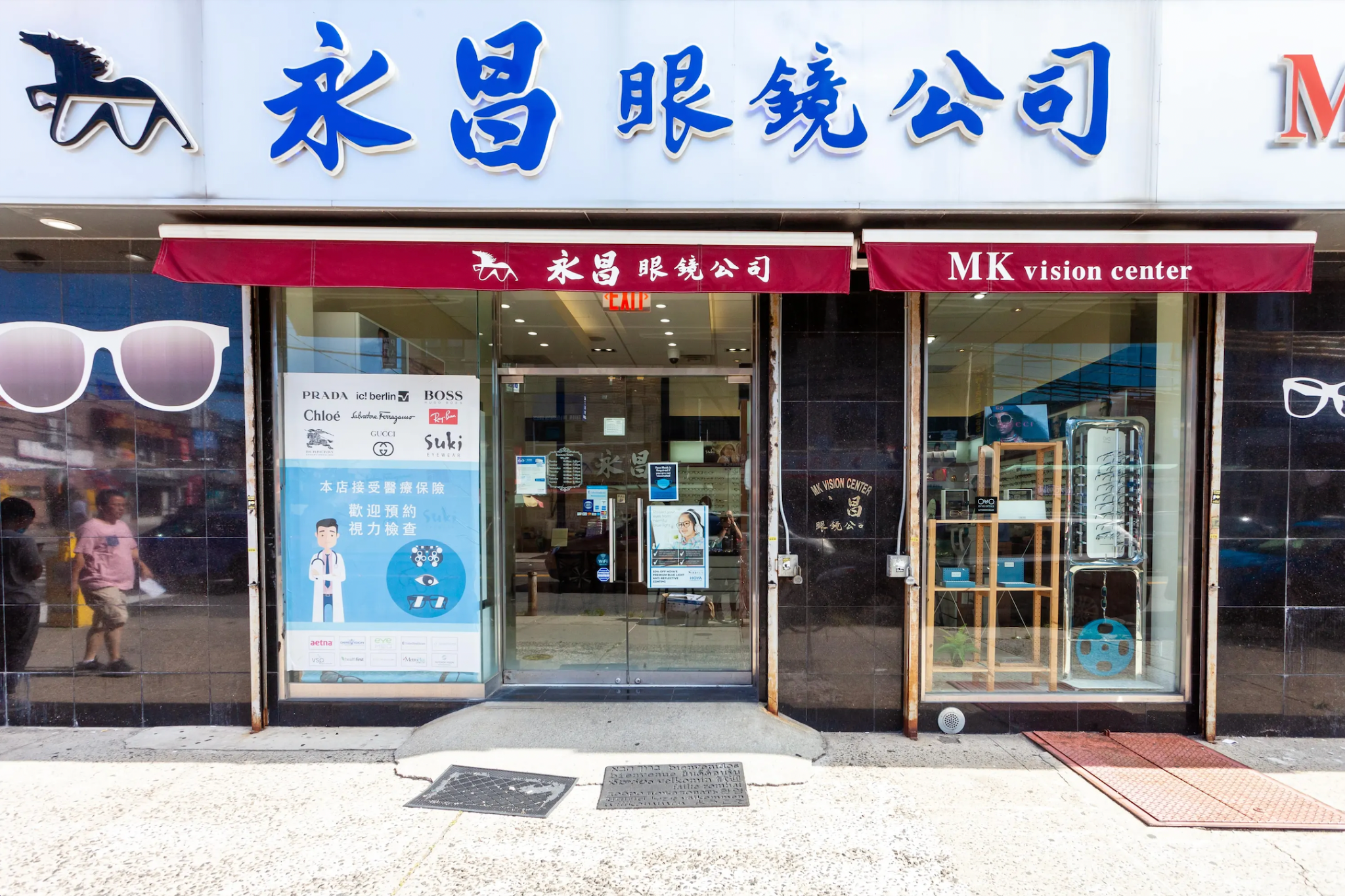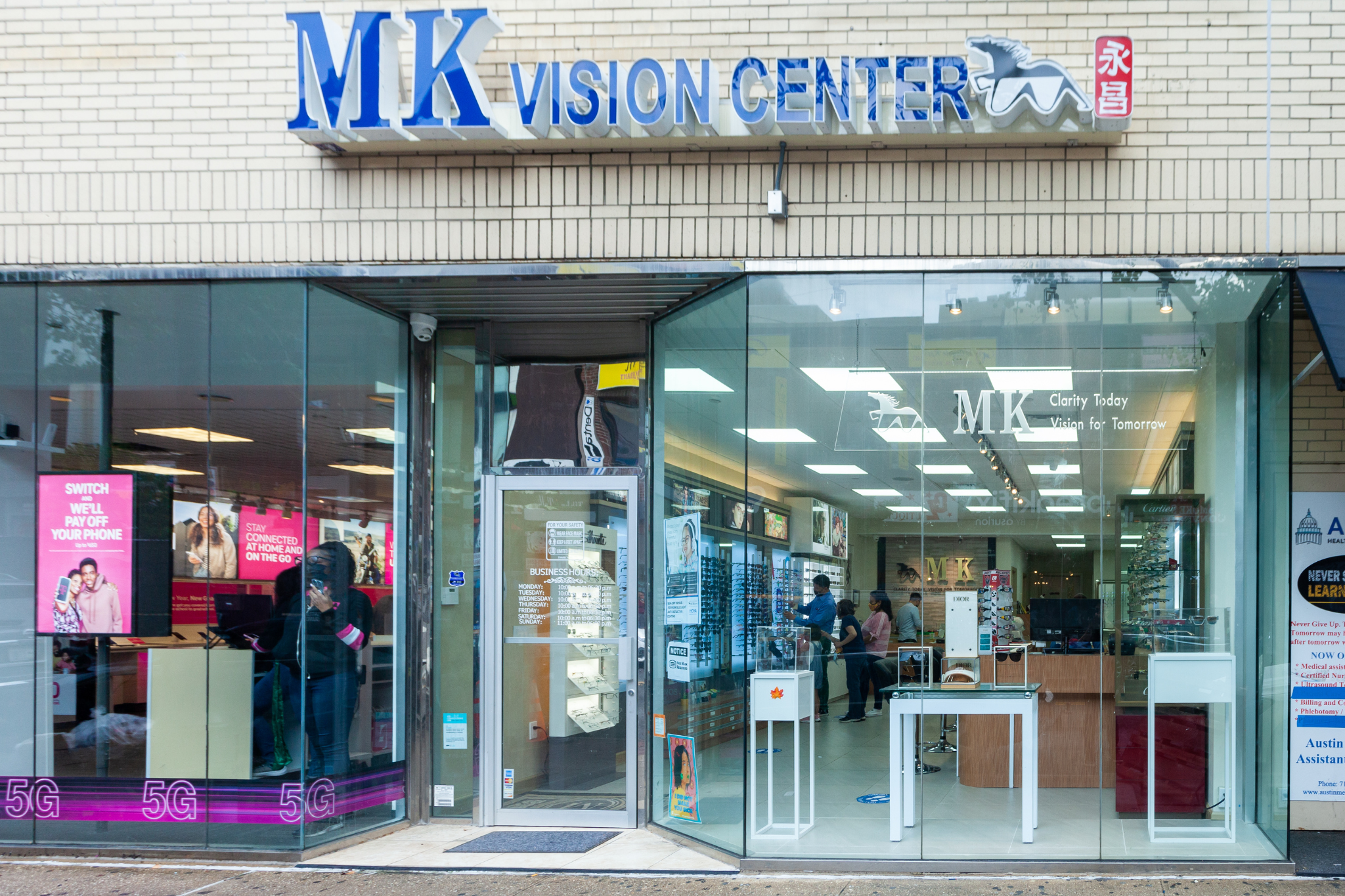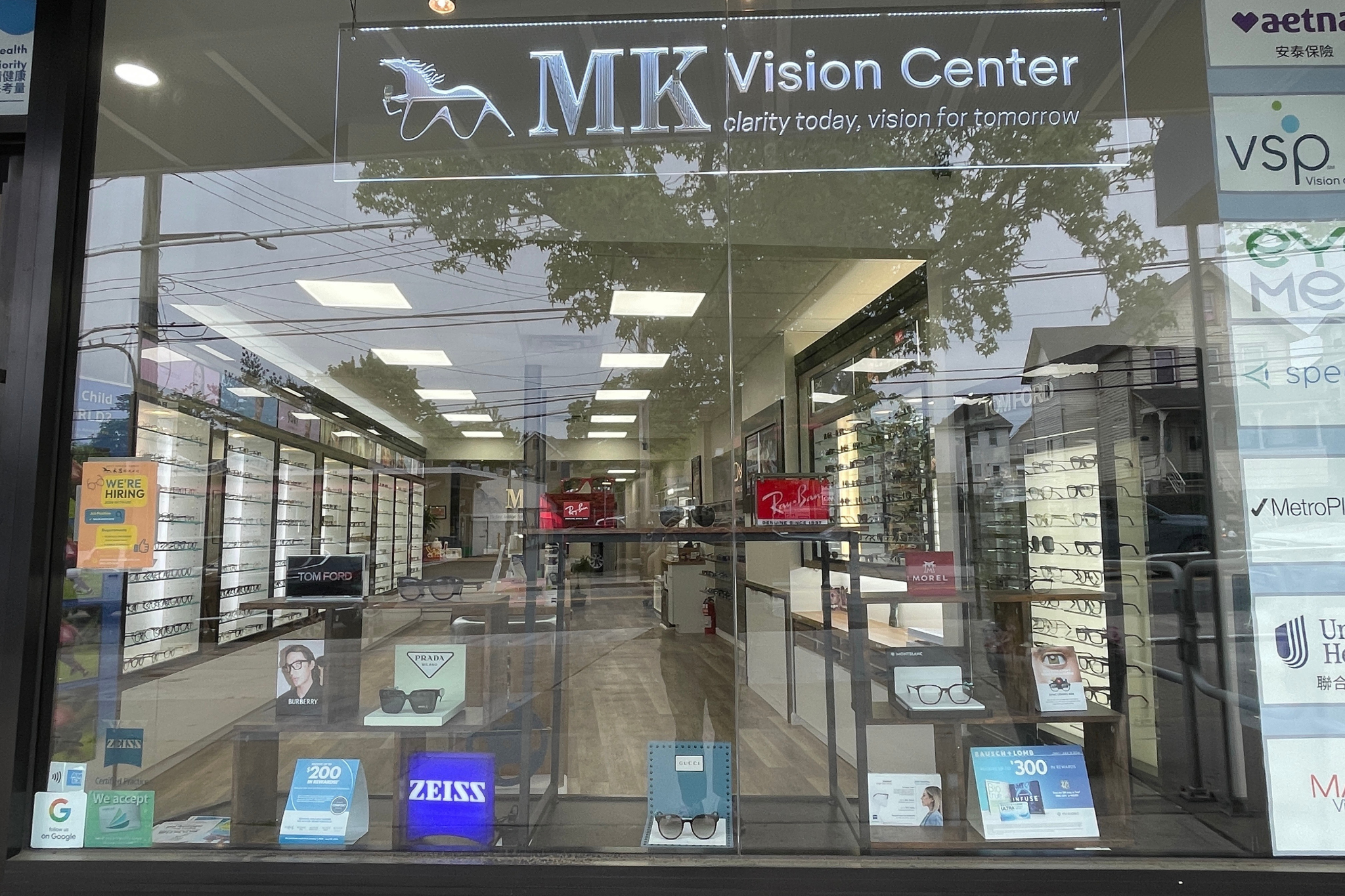Frequently Asked Questions
What payment methods are accepted?
We accept PayPal payments, Discover, Mastercard, Visa or American Express.
Why bother going to the eye doctor when I can just buy an inexpensive pair of eyeglasses at the drug store?
Some people do have luck with drugstore reading glasses. The glasses available over the counter are mostly to help people with Presbyopia; a vision condition where the crystalline lens of your eye loses its flexibility which makes it difficult for you to focus on close object. Buying these ‘ready made’ reading glasses can act as a misguided aid to people who need magnification in order to see things close-up because in a lot of cases the prescription in these glasses is not the correct prescription needed to really help someone focus properly. Worst-case scenario these glasses may even worsen your eyesight.
Visiting your eye doctor regularly is important for two reasons:
-
Over the counter reading glasses do not work well for people who have different prescriptions in each eye, or whose eyes are not centered in the lens. Headaches are a common problem in those cases. Seeing your Optometrist will take out all the guesswork and ensure you have glasses with the proper prescription to help you see clearer for whatever purpose.
- Regular eye exams are the only way to catch "silent" diseases in their early stages, when they're more easily treated or even cured.
How do I avoid annoying reflections on my eyeglasses?
When getting your prescription glasses made you will most definitely be offered the option of getting a treatment on your lenses called an Anti-reflective coating, also known as AR coating. This coating decreases reflection in the lens, which makes them look better as well as reducing the amount of glare, which is particularly noticeable when driving at night or working in front of a computer. The decreased glare means that wearers often find their eyes less tired particularly at the end of the day. AR coating allows more light to pass through the lens also increasing contrast and therefore increasing visual acuity. Besides helping you to see through your eyeglasses more easily, an AR coating lets others see your eyes better and eliminates the annoying white glare spots in photos taken with a flash. In addition to clearer vision AR coated lenses will make your overall appearance in glasses more attractive.
I'm interested in the glasses that change to sunglasses when you go outside. Can you tell me more about them?
They aren’t actually glasses they are lenses that you can put in any glasses frame. These lenses are called Photochromatic lenses. When they're exposed to ultraviolet light, they become darker or change to a different color and when not in the presence of UV light they return to clear. Not to be used in place of dedicated sunglasses or even better polarized sunglasses, Photochromatic lenses allows glasses wearers the convenience of wearing one pair of glasses instead of changing between two or even three. Photochromatic lenses unlike dedicated sunglasses will also remain pretty light when you're driving, because car windshields block most UV light.
What are the warning signs that a child might need glasses?
- Consistently sitting too close to the TV or holding a book too close
- Losing his or her place while reading
- Using a finger to follow along while reading
- Squinting
- Tilting the head to see better
- Frequent eye rubbing
- Sensitivity to light
- Excessive tearing
- Closing one eye to read, watch TV or see better
- Avoiding activities that require near vision, such as reading or homework, or distance vision, such as participating in sports or other recreational activities
- Complaining of headaches or tired eyes
- Receiving lower grades than usual
I have been hearing a lot about cataracts especially older people having cataracts. What are they and will I get them when I’m older?
Cataracts are cloudy areas in the lens inside the eye - which is normally clear. Cataracts can develop in one or both eyes. If they develop in both eyes, one will be more severely affected than the other. A normally clear lens allows light to pass through to the back of the eye, so that the patient can see well-defined images. If a part of the lens becomes opaque light does not pass through easily and the patient's vision becomes blurry - like looking through cloudy water or a fogged-up window. The more opaque (cloudier) the lens becomes, the worse the person's vision will be.
A patient with cataracts will eventually find it hard to read, or drive a car - especially during the night. Even seeing people's facial expressions becomes difficult. Cataracts are not usually painful. The patient's long-distance vision is more severely affected at first.
As cataracts develop very slowly most people do not know they have them at first. However, the clouding progresses and vision will gradually get worse. Stronger lighting and eyeglasses can help improve vision. Nevertheless, eventually the vision impairment affects the patient's ability to carry out everyday tasks. At this point the individual will need surgery. Fortunately, cataract surgery is usually a very effective and safe procedure.
Cataracts develop as part of the aging process, so everyone is at risk eventually. By age 75, about 70% of people will have cataracts. With age, our eye's lens slowly becomes less flexible, less transparent and thicker.
These factors increase your risk of developing cataracts:
- Advanced age;
- Diabetes;
- A family history of cataracts;
- Extensive exposure to sunlight;
- Smoking;
- Obesity;
- High blood pressure;
- Previous eye injury or inflammation (swelling) in the eye;
- Previous eye surgery;
- Long-term use of steroid medication (especially combined use of oral and inhaled steroids).
If you have any of these risk factors for cataract, you should schedule an appointment with your ophthalmologist (Eye M.D.).
Can certain foods affect your eyesight?
Everyone has heard that carrots are good for your eyes but a lot of people don’t know why. Carrots are high in vitamin A, a nutrient essential for good vision. Maintaining a diet rich in fruits and vegetables in general, particularly dark leafy greens such as spinach, kale, or collard greens is important for keeping your eyes healthy, too. Research has also shown there are eye health benefits from eating fish high in omega-3 fatty acids, such as salmon and tuna.
Which one is better: Eyeglasses or Contact Lenses?
Whether you choose to wear eyeglasses or contact lenses for vision correction that decision mostly depends on personal preferences. Lifestyle, comfort, convenience, budget and aesthetics should all factor into your decision-making process. Before deciding between contacts and glasses, keep in mind that one is not necessarily better than the other; each has its pros and cons in terms of vision, ease of use and eye health.
Eyeglasses offer many benefits over contact lenses. They require very little cleaning and maintenance, you don't need to touch your eyes to wear them; decreasing your risk for eye infections, and glasses are less expensive than contact lenses in the long run since they don't need to be replaced as often. Glasses also can act as an extension of your personality and make a great fashion statement!
That being said, contact lenses have many advantages over glasses. Contacts sit directly on your eye, so vision, particularly peripheral vision, is unobstructed. Contacts allow you to participate in sports and outdoor activities without fear of eyeglasses getting lost, falling off or breaking. You can even change the color of your eyes with color contact lenses.
Keep in mind that if you wear contact lenses full-time, you should have an up-to-date pair of glasses as a back up— in case you need to stop wearing contacts due to an eye infection or irritation, or you simply want to give your eyes a break.
I often wear my contacts longer than I am supposed to, but my eyes are fine. Are the recommended wearing periods true or just a gimmick to make people buy more contacts?
Your contact lenses will not automatically self-destruct at the end of the wearing period however the lenses should be discarded when the lens wearing time has elapsed, as advised by your eyecare professional. This wearing time/period has been chosen to minimise complications with contact lens wear. The longer you wear your lenses the more deposits build up on the contact lens impeding oxygen transmission. Oxygen transmission is critical for your cornea's health. Depriving your cornea of oxygen will cause hypoxia which can result in damage and problems like a corneal ulcer, corneal infiltrate, infection, corneal neovascularization, corneal edema; just to name a few. Most of these complications are very serious and can result in inability to wear contact lenses and even loss of vision.
When you go for your next eye exam your doctor will see evidence of how you are wearing your contacts because it is very likely damage has already occurred without you even realizing it. Please give your eyes a break and take out your contacts more frequently and replace them while you are at it!
Why are my lenses in my eyeglasses so thick?
Your prescription, your personal measurements, and the size of your frame are the three key factors that will determine final lens thickness. If you are farsighted your lenses will be thicker at their center, in contrast, if you are nearsighted your lenses will be thicker at their edges. New innovative technologies in lens designs, and materials, have allowed us to reduce overall lens thickness by as much as 60% in many cases. To get the best possible result for the appearance and feel of your eyeglasses be sure to listen and ask as many questions as you can when purchasing your new pair. Your Opticians will guide you toward the best possible results in helping you choose the best frame-lens combination for your ocular and fashion needs.
How long does it take for my online contact lens order arrive?
It takes 10 business days to ship your online contact lens order.
Can I use both my insurance and online promotion code to purchase?
No, the insurance cannot combine with online promotion. If you want to shop with your vision insurance, please fill up this form.










